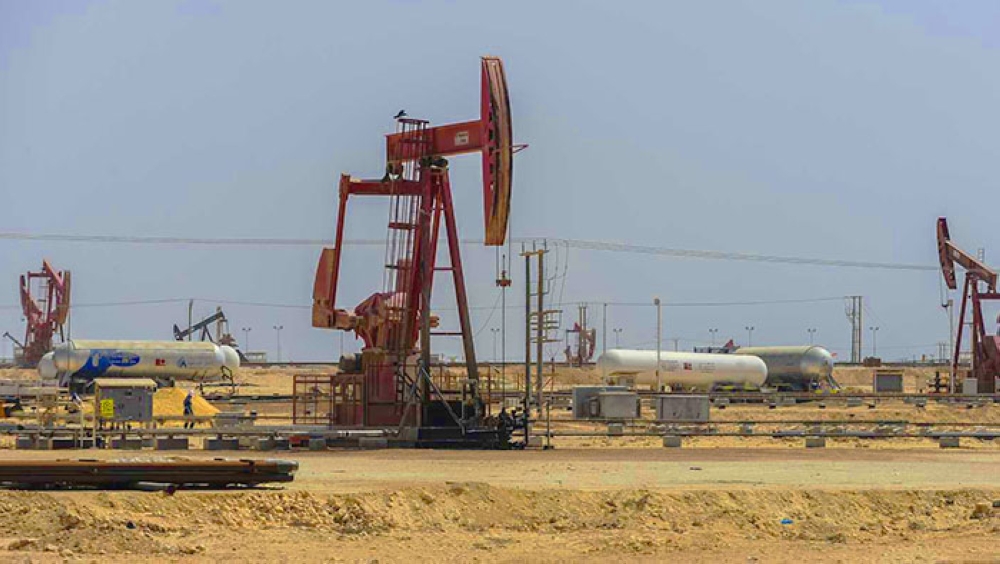
Muscat: The price of Omani crude oil recorded a US$6 jump on Wednesday, crossing $88 per barrel for the first time in four years.
This has caused observers to admit that they can’t rule out the value of the commodity crossing $100 per barrel.
According to the Dubai Mercantile Exchange (DME), the price of oil for Oman’s September 2018 delivery rose to $88.96 per barrel compared to $82.53 the day before. The recorded rise was $6.43 in a single day, leading to the largest price per barrel since the recent oil plunge in 2015.
This recent spike has seen the price of crude jump nearly $11 in just three days. On Sunday, the Omani oil prices had been $78.04 per barrel.
On Monday, prices jumped $1.98 to $80.02. Moreover, Tuesday witnessed a rise of $2.51.
Fabio Scacciavillani, chief economist at Oman Investment Fund, said that it was a matter of speculation, but oil prices breaching $100 per barrel was possible.
“We cannot rule out the possibility that oil prices may reach the $100 per barrel mark, although not in the immediate future. Right now, the market is in a state of excitement and is decisively entering a very bullish phase,” he said.
Alkesh Joshi, a partner at Ernst and Young, echoed Scacciavillani’s sentiments, but added that it was difficult to speculate.
“There is a chance that it (oil price) might breach the $100 mark. But the spike in oil prices was expected since winter as it is a time when there is a demand for oil from Europe, primarily for heating purposes,” he remarked.
Scacciavillani explained that there were international factors that had led to the sustained increase in crude prices.
“Powerful short-term and long-term factors are at play to propel the oil prices to new highs. The main long-term factor is the supply-demand mismatch, caused by the drop in investment to develop new oil fields over the past few years. The Organisation of Petroleum Exporting Countries (OPEC), Russia, and other countries had decided to jointly cut oil production in response to the oil price crash. Now, despite the steady increase in demand, they have chosen not to increase production,” he said.
“The short-term factors are primarily the sanctions that the US re-introduced against Iran, which will hamper the sales of a major oil producer. In addition, the market is nervous about the ongoing civil war in Libya and the economic collapse in Venezuela. Traders might have over-reacted, causing the unprecedented hike in oil prices today, or to use economists’ jargon, we might be witnessing an over-shoot, but fundamentally the trend points north,” he added.
Experts agreed that the increase in oil prices would provide a boost to the Omani economy.
Scacciavillani said: “This will certainly provide a stimulus to the Omani economy, as the government’s coffer will greatly benefit from the higher oil export revenues. As a consequence, it is likely that several infrastructure projects will be brought back from the drawer to the folder labelled ‘Priority’ on the desk of senior policy makers.”
“It is extremely good that high oil prices will provide a break-even economy and will boost infrastructure and business. This will create more jobs. That’s the main thing,” Joshi added. However, observers said that OPEC and their partners may decide to increase production in the months to come, but will do so in their own interests.